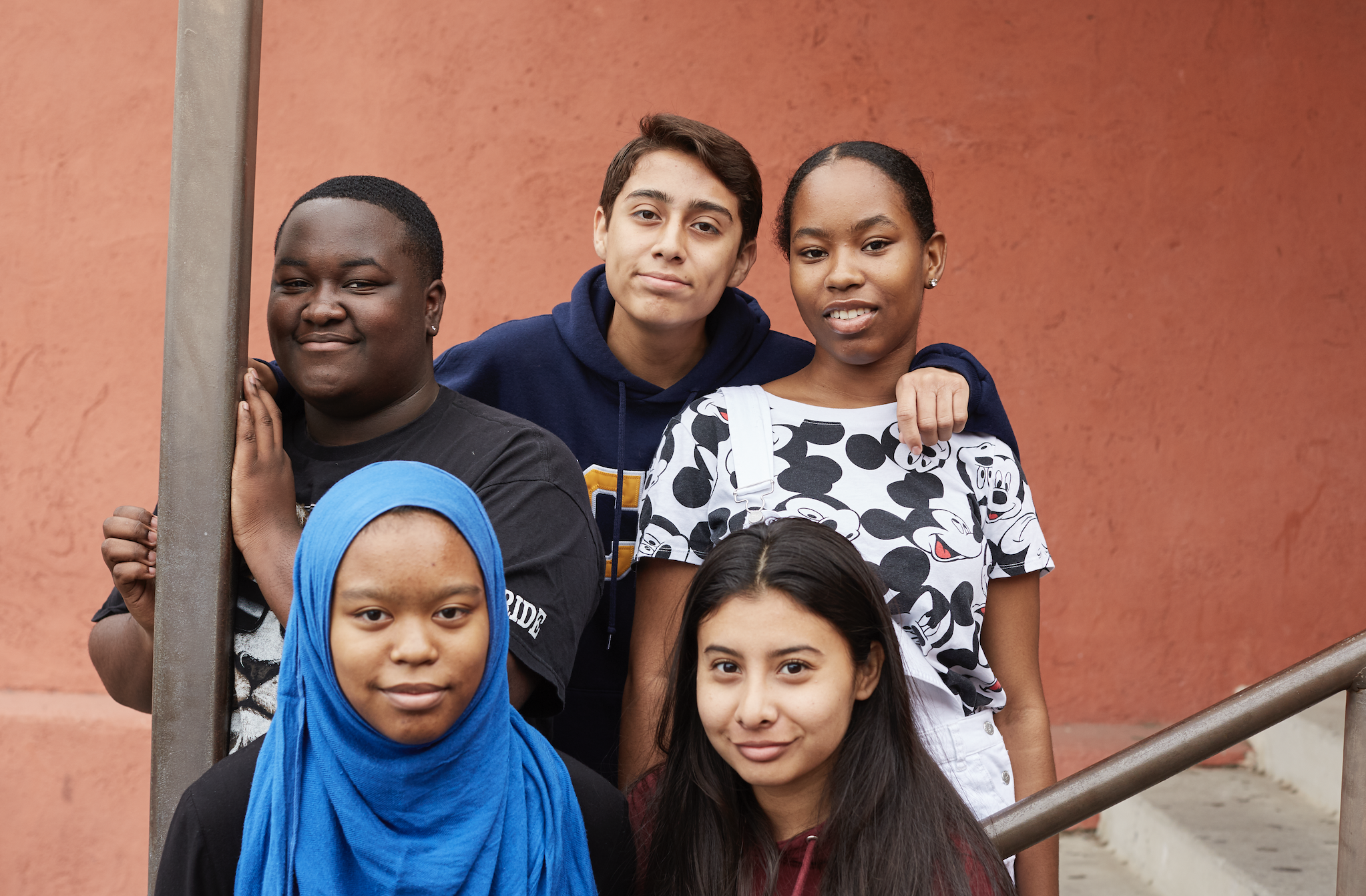What do high school counselors do?
A recent report from the ACLU showed that 17 million students in the U.S. attend schools with police officers on campus but no school counselors, with disastrous consequences. We asked our readers what questions they have about high school counseling — what it is, why it’s important, and how they can advocate for getting enough counselors on all high school campuses. Here are our responses:
Trained to Help
Can students go to them for family issues, emotional difficulties, and other personal problems?
Yes! High school counselors typically have master’s degrees and certification in school counseling. They also are trained to help students with academic and postsecondary planning as well as social-emotional development. And they help create a safe and positive learning environment on campus, and work with teachers, families, and the community to help students “become productive, contributing members of the world community,” according to the American School Counselor Association. As you can see, they often are responsible for a lot. In fact, a great counselor can be a school’s strongest utility player.
Anything a student says in a school counseling session is confidential, unless keeping that information confidential leads to foreseeable harm (the student poses a danger to themselves or others), according to the association. More information about confidentiality can be found here.
The Recommended Ratio
Is there a standard per-student ratio for school counselors?
The national average is 455 students for every counselor, although the American School Counselor Association recommends a ratio of 250 to 1. Nationwide, Arizona has the highest ratio, at 905 to 1. Vermont has the lowest, at 202 to 1. See how your state ranks.
What can parents and the public do to support the hiring of more counselors?
Talk to your local school board! Attend meetings and voice your support for school counselors and the important work they do. Tell local school leaders that you value counselors’ efforts to make schools safer, healthier places for young people.
How Counselors Benefit Academic Success
Is there any link between high school counseling and academic success?
Numerous studies have shown the effectiveness of school counseling, with lower school counselor-to-student ratios correlating with less absenteeism, lower suspension rates, higher test scores, and other benefits. In Indiana schools with an average school counselor-to-student ratio of 1:250, students had:
- 0.3% higher attendance rates (i.e. every day in a school of 1,000 students, three more students attend class than otherwise).
- 18 points higher SAT mathematics scores.
- 19 points higher SAT verbal scores.
- 16 points higher SAT writing scores.

Helping Students Cope
How can school counselors play a role in helping students cope with school shootings, natural disasters, and other tragedies?
School counselors have training and experience in helping people endure and overcome stressful and difficult events. School counselors throughout the U.S. have helped thousands of students in the wake of tragedies, and in some cases even prevented the tragedies from occurring in the first place. And counselors don’t just help students — they can be a resource for teachers, school leaders, families, and the community.
How to Get Involved
How can I get more info on how to become a school counselor myself?
Hundreds of colleges and universities around the country offer bachelor’s, master’s, doctorate, and certificate programs in school counseling. A good program, according to the association, includes training in individual and group counseling, social justice, current education issues, multiculturalism, crisis response, closing gaps in achievement and opportunity, career and college planning, and advocating for students’ academic success. Programs should also include internships and fieldwork.
Some states and districts offer incentives for those pursuing careers as school counselors, such as housing, loans, or programs that allow prospective counselors to work and attend school at the same time. School counselors might also qualify for federal student loan forgiveness.
Check out this nationwide list of counseling programs.
School-counselor.org has a step-by-step guide to choosing a program, career salaries, job descriptions, and how to find your first job.
How Does XQ Support School Counseling?
XQ believes that every student can benefit from trusted, caring relationships with adults — not just school counselors, but also with teachers, school leaders, coaches, after-school leaders, and other mentors. In fact, a recent report from the Aspen Institute shows how students, families, communities, and the country as a whole can benefit when schools focus on a student’s personal growth, not just the nuts-and-bolts of traditional academics.
The support provided by school counselors and other trusted adults can be especially helpful for students from low-income backgrounds, according to the report. “All students need supportive relationships and nurturing learning environments, but students facing additional stress have a particular need to be surrounded by caring adults who treat them as individuals with potential and inherent worth,” the report says. “And when adults create this environment, children of every background can thrive.”
XQ recently launched “Give Me Five,” a conversational newsletter for educators and ed leaders ready to rethink high school. We find, summarize, and curate five stories every two weeks that educators can put into action. Sign up now
TAGS:



 Tweet
Tweet 



